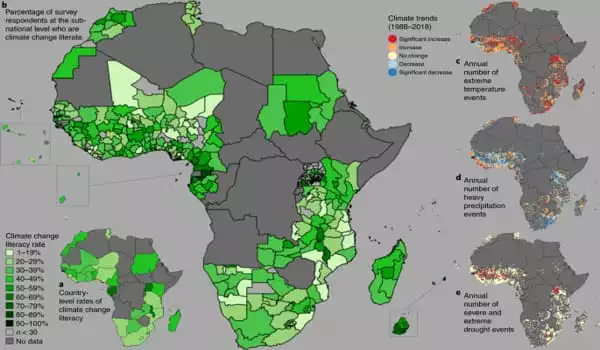Climate change, according to future projections, will have a severe impact on natural ecosystems, plants, and animals, accelerating biodiversity loss in some areas. The effects will affect many towns and sectors that rely on natural resources, such as agriculture, fisheries, energy, tourism, and water.
According to SOSV managing general partner Sean O’Sullivan and Carmichael Roberts of Breakthrough Energy Ventures, the decarbonization of the globe will be the next significant disruption of the twenty-first century. A massive disruption will result in changes that will affect every industry and aspect of daily life, as well as a complicated web of difficulties and resistance.
It will also provide a once-in-a-lifetime opportunity for entrepreneurs — and the investors who back them — to market their climate-tech innovations, whether it’s plant-based foods, carbon capture, electric vehicles, or battery recycling.

On the TechCrunch Disrupt 2021 virtual stage, O’Sullivan noted, “The tricky part here is that we have to modify everything.” “There isn’t just one item that needs to be changed when it comes to climate technology. We have a hundred distinct regions that need to be recreated, as well as industries that need to be rebuilt.”
Climate technology has become one of the hottest investment categories because of this possibility. That is not to say that success is a foregone conclusion. Climate technology, unlike other industries, has a wide range of applications, including transportation, energy, agriculture, consumer products, food and beverage, and packaging.
The initial hurdle for investors is verifying the firms, as well as their technology and business plans, to see if they are truly climate tech or just window dressing. “It’s just a wide, broad category that contains everything that might reduce overall carbon,” Robert explained.
Even once climate tech businesses have raised funds and begun to scale, forces in entrenched sectors can thwart progress. People, as O’Sullivan pointed out, are naturally resistive to change. However, both investors have noticed an increase in transparency. “Today’s listeners are attempting to figure out how to transition, blend, and add.’How do we welcome the transition?’ is a question I hear a lot.’How do we not fear it?’ says another.
















